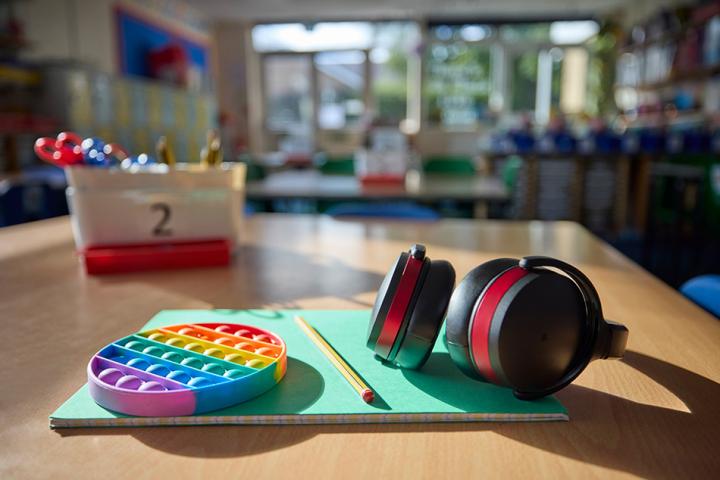What education providers need to know about the PINS programme

Following the announcement of an initial year-long trial in 2023, the Partnership for Inclusion of Neurodiversity in Schools (PINS) programme has been extended for another year. The PINS programme will now run until March 2026, and every integrated care board in England can take part.
Jill Donabie and Victoria Walton, both in our education team, explain how the PINS programme works.
Background
The national programme brings together specialist health and education professionals, and expert parent carers into mainstream primary schools to:
- influence whole-school special educational needs and disabilities (SEND) provision
- deliver early interventions at a school level
- upskill school staff
- foster stronger and more collaborative partnerships between schools and parent carers.
The PINS programme aims to shift focus from diagnosis and intense support for individuals to strengthening knowledge and skills and improving environments to better meet the needs of all children, but with a particular focus on neurodivergence.
The aim is that this will demonstrate how a supportive learning environment and well-equipped school can improve positive outcomes for neurodivergent children helping them to achieve and thrive.
The aim is also to strengthen parent carer and school partnerships in mainstream education settings.
Plans for the future
The continuation of the innovative PINS programme will deliver both existing/continuing PIN projects and new PINS projects.
Integrated care boards that did not deliver a PINS project previously will now aim to work with 40 schools in their area. Over the next year, it is expected that each integrated care board already providing projects will work with 30 additional schools in their area.
It is for the integrated care board to select the schools,
How are the PINS projects delivered?
Each PINS project will deliver two strands of work:
- the delivery of a package of tailored support by specialist health and education professionals, which could include training, resources, audits and reviews of provision; and
- a programme of parent carer engagement activity, which will include forming or developing a parent carer group, and regular meetings between its representatives and the senior management team.
Once a school has been selected it will assess itself against the same nationally agreed self-assessment tool. Schools will then collate their findings from the assessment and assess themselves against measures such as leadership culture and values, mental health, readiness to learn, teaching and learning, environment and communication. The integrated care board can assist schools with this.
Parents and carers may also have the opportunity to complete a survey as an additional way of identifying priority areas.
Funding will remain available to schools already embedding the learning and approaches put in place to enable them to continue strengthening ways of working to create a culture of inclusivity, increase engagement with parents/carers and ensure parental views are heard.
The integrated care board will use menus of support to determine which interventions to commission to meet the needs of each school.
However, it is important that, where delivered, the PINS programme will aim to build on existing local resources and structures, rather that creating new ones, in order to maximise efficiency and expand access to support.
This, in turn, will aid the PINS programme in leaving a sustainable impact once the funded period has ended.
The programme will continue to be evaluated as it has been to date.
The guidance on the PINS programme can be found here.
For more information, please contact Jill Donabie using 0191 211 7933 or [email protected].
